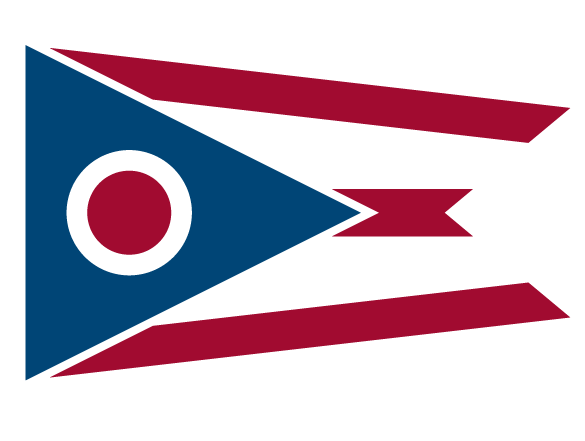Foreclosures
Having Trouble Paying Your Mortgage? Worried About Foreclosure? Need To Know Where To Get Help? Need Help?Where To Turn …..
HUD approved housing counseling agencies offer free or very low cost help with foreclosure prevention / mitigation, budgeting, home purchase, and predatory lending. In Lake County, contact:
More helpful information about foreclosure prevention is available at these websites:
-
1.888.404.4674 (toll free)
http://www.savethedream.ohio.gov/ - U.S. Dept. of Housing & Urban Development
www.hud.gov - Federal Housing Administration (FHA)
www.fha.gov - Ohio Attorney General
http://www.ohioattorneygeneral.gov/ForeclosureResources - 2-1-1 Lake County
2-1-1 is an easy-to-remember community information number, available 24/7. The call is free and confidential.
Dial 2-1-1 to speak with an information & referral specialist about programs that can help in your situation.
2-1-1 provides information about many services, including:- RenVMortgage
- Legal Aid Society of Cleveland – Lake/Geauga Office
- Legal Aid provides high quality free legal assistance in certain foreclosure cases. Call Legal Aid’s office in Painesville for more information: 888-808-2800 (toll free)
- Emergency Food
- Counseling
- Drug/Alcohol
- Prescriptions
- Utility Assistance
- Budgeting
- Job Services
Ohio currently leads the nation in mortgage foreclosures. In Lake County alone, foreclosures have numbered over 1,000 in each of the past two years. Financial problems are often associated with changes such as: Job loss, ,Divorce, Illness, accident, or death of a family member, and Disaster.
- Does this sound like you?
- Is your mortgage payment a financial burden?
- Have you missed a monthly payment?
- Do you anticipate falling behind when the rate increases on your adjustable rate mortgage?
- Are you unsure of how your mortgage actually works?
- Do you have multiple mortgages on your home?
- Have you received calls from your lender to discuss your account?
- Do you avoid opening your mail because you feel overwhelmed?
- You need to know that you are not alone.
- Many others are facing these problems.
- There are steps to take at the first signs of trouble.
- Many others are facing these problems.
Preventing Foreclosure
Review Your Loan Documentation If you have a sub-prime, nontraditional, or adjustable rate mortgage, make sure you understand the terms of your loan. Will you be able to make the new monthly payments with a higher interest rate? Do you know how much equity you have in your home? Would there be penalties for refinancing?
If you don’t make your mortgage payments your lender may foreclose on your home. The U.S. Dept. of Housing & Urban Development (HUD) offers this advice:
- Contact your lender as soon as there is a problem. Don’t ignore the problem. Delays put you at risk. Most mortgage statements include a number for homeowners to call in case they have trouble making their payments. If no number is listed, call the main customer service number and ask to speak with someone in the Loss Mitigation Department.
- Open and Respond To All Mail From Your Lender. Their correspondence contains important legal information and foreclosure prevention options.
- Stay in your home. You might not qualify for assistance if you abandon your home.
- Know your mortgage rights. Read your loan documents. Learn how Ohio’s foreclosure laws affect you.
- Contact a HUD approved housing counseling agency. HUD funds free and very low-cost housing counseling.
- Counselors can help you to understand your options under the law, organize your finances, and represent you in negotiations with your lender.
- Avoid for-profit foreclosure prevention companies. They charge for services that a HUD approved housing counselor or your lender could provide free of charge.
- Understand foreclosure alternatives (also called loss mitigation).
- Ask your lender or housing counselor about options. Some examples:
1. Temporary reduction or suspension of payments
2. Restructuring of the loan to make payments more affordable
3. One-time interest-free loan from the FHA insurance fund on FHA mortgages
4.Sale of your home
5. Voluntary “return” of your property to the lender, as a last resort. Beware of foreclosure recovery scams. Never sign a legal document without getting professional advice. You might unknowingly be signing over the title to your property and becoming a renter in your own home.
There is a lot to know, but there are community programs that can help. Call 2-1-1 to get started.
